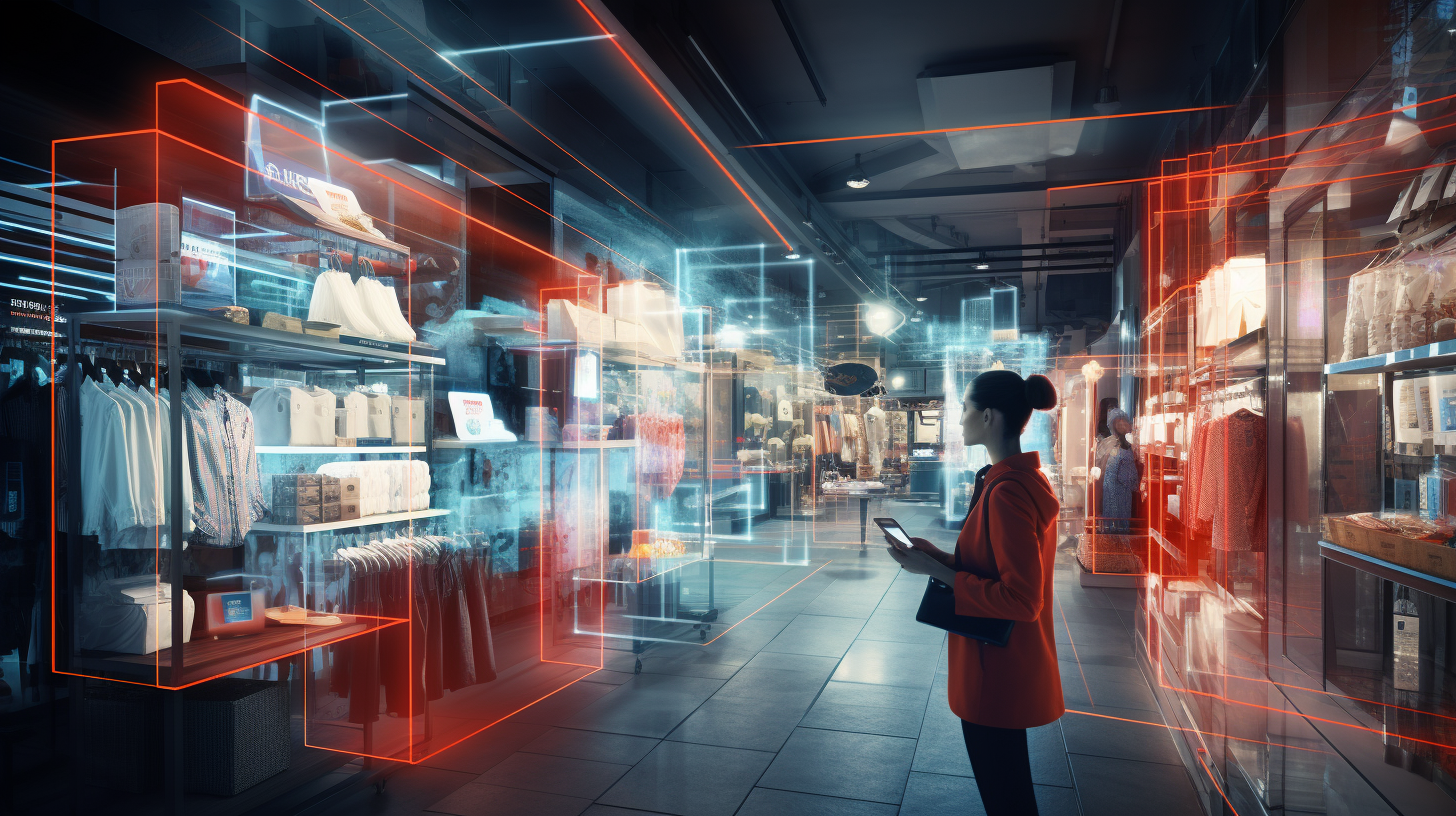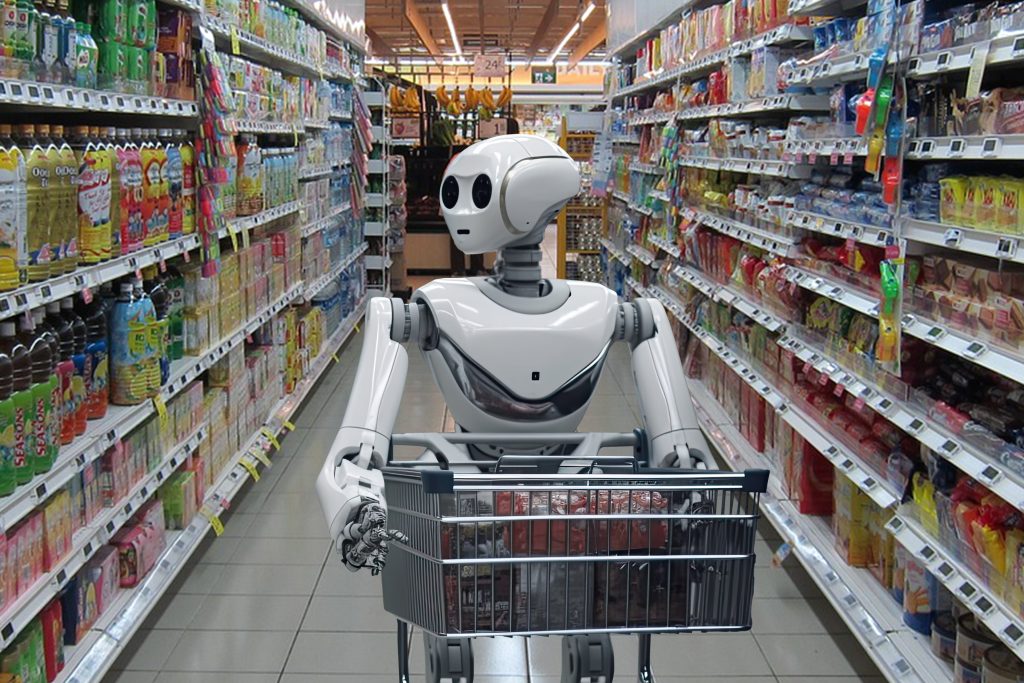Artificial Intelligence (AI) is revolutionizing the retail industry, reshaping how businesses engage with customers, manage operations, and drive growth. As AI continues to evolve, it is poised to redefine the future of retail by delivering smarter, more personalized, and efficient shopping experiences.
How Is AI Transforming Retail?
AI in retail leverages machine learning, data analytics, and automation to understand consumer behavior, optimize supply chains, and create seamless shopping journeys. From physical stores to e-commerce platforms, AI is becoming a cornerstone of innovation.
Key Trends Shaping the Future of AI in Retail
Personalized Customer Experiences
AI enables retailers to deliver hyper-personalized experiences by analyzing customer data, purchase history, and browsing behavior. AI-driven recommendation engines suggest products tailored to individual preferences, increasing engagement and sales.
Smart Inventory Management
Retailers are using AI to forecast demand, reduce stockouts, and minimize excess inventory. AI-powered tools help monitor trends and automate restocking, ensuring that the right products are available at the right time.
Visual Search and AI Shopping Assistants
AI enhances the shopping experience through visual search tools that allow customers to find products using images. Virtual assistants and chatbots powered by natural language processing offer real-time support, improving customer service and satisfaction.
In-Store Automation
AI is streamlining in-store operations with tools like cashier-less checkouts, smart shelves, and facial recognition systems. These innovations not only reduce operational costs but also create a frictionless shopping experience.
Dynamic Pricing and Promotions
AI algorithms can analyze competitor pricing, demand fluctuations, and customer behavior to optimize pricing strategies in real time. This ensures competitive pricing and maximized profit margins.
Fraud Detection and Security
AI enhances security by identifying suspicious activities and preventing fraud in both online and offline retail environments. From secure payments to theft prevention, AI plays a vital role in maintaining trust.
Omnichannel Integration
AI helps unify online and offline experiences by analyzing customer interactions across platforms. Retailers can create cohesive strategies that bridge digital and physical channels for a seamless brand experience.
Challenges Ahead
While the future of AI in retail is promising, it also presents certain challenges:
- Data Privacy Concerns: Collecting and analyzing consumer data raises privacy and compliance issues.
- High Implementation Costs: Small retailers may struggle with the initial investment in AI technologies.
- Workforce Displacement: Automation may lead to job displacement, requiring businesses to rethink workforce roles and reskilling strategies.
- Ethical Use of AI: Retailers must use AI responsibly, avoiding discriminatory algorithms or manipulative practices.
Conclusion
The future of AI in retail is driven by personalization, automation, and innovation. As technology continues to mature, AI will become essential for creating smarter, faster, and more customer-centric retail ecosystems. Retailers who embrace AI thoughtfully and ethically will be better positioned to thrive in an increasingly competitive landscape.







Leave feedback about this